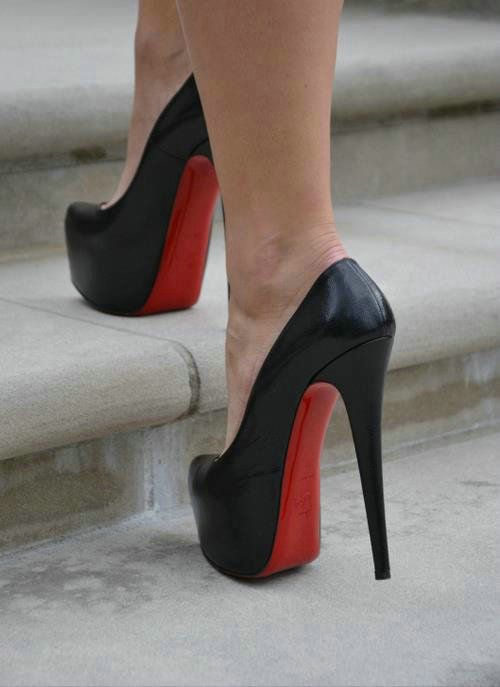It’s possible . . .
In Friday’s Wall Street Journal (3/16 page A6) there’s an article that quotes a White House official and other sources that hint that $30 billion in tariffs and trade sanctions may be imposed on Chinese imports in an effort to end Chinese requirements that U.S. companies doing business transfer technology to Chinese firms. [China has been long been cited as a notorious pirate of trade secrets.]
This article followed an interview on Sunday’s Fox Business Network with Trade Council Director Peter Navarro [sometimes referred to as the ‘trade czar’] who said action on China’s intellectual property theft would come soon. He referenced a plan the United States Trade Representative Robert Lighthizer will be releasing shortly to address the issue head on.
What could trigger everything is the Special 301 Report that is expected to be released by the USTR. This is published in late February or March and it is prepared by reports submitted by U.S. business concerning problems involving intellectual property. It should be published the last week in March and would likely trigger the Section 301 investigation that was initiated by the USTR August, 2017, especially if China is identified as a Priority Foreign Country List. A list of tariffs and trade sanctions would be drawn up to be imposed if China does not meet U.S. demands. China would retaliate with a list of its own and the result would be a trade war similar to what happened in 1994.
Will history repeat itself?
I wrote a chapter on the 1994-1996 trade dispute with China in my book Trademark Counterfeiting, Product Piracy, and the Billion Dollar Threat to the U.S. Economy (1999, 2001 Praeger). It’s a great resource to read if a trade war erupts between the U.S. and China

